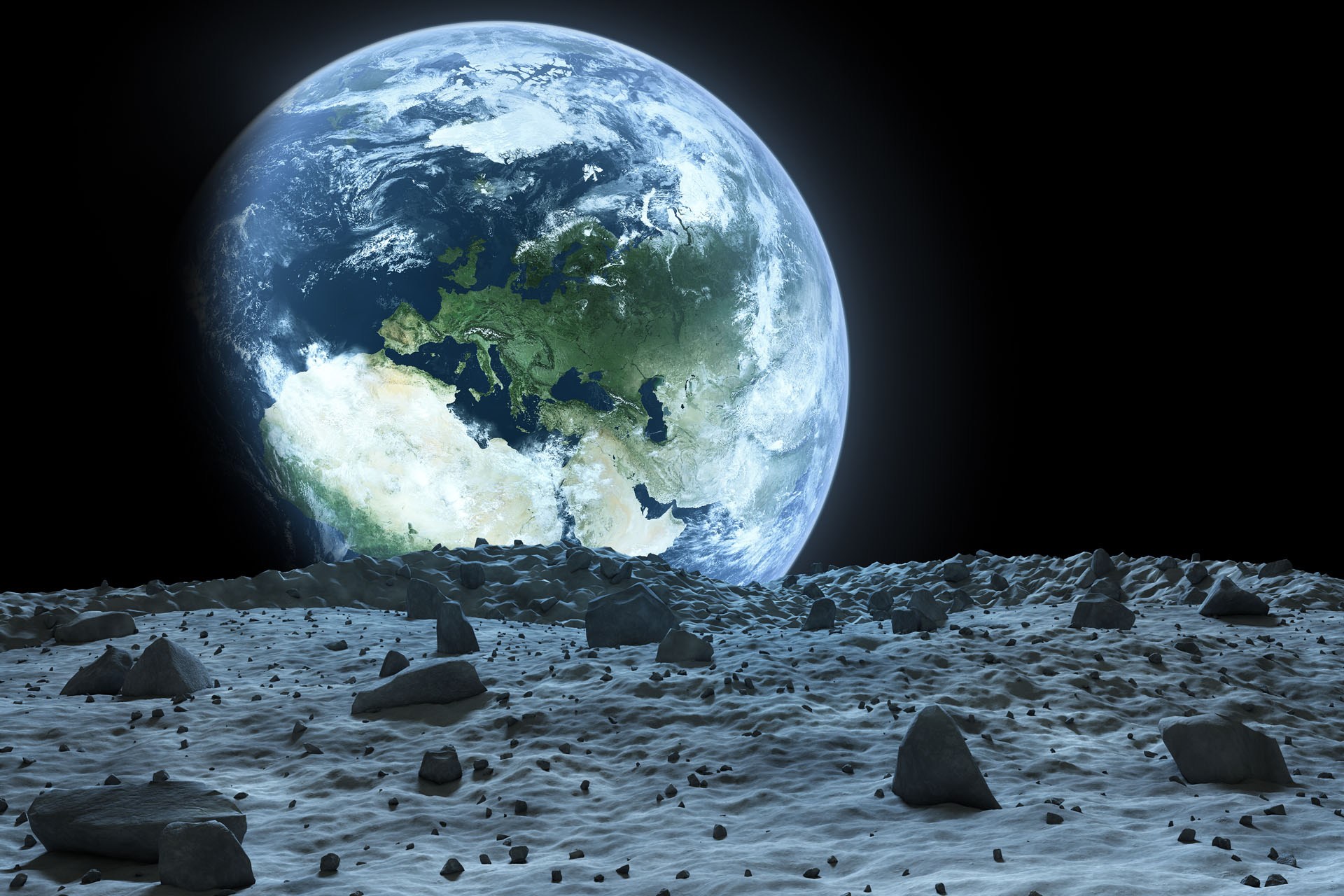Just this month: IPCC report on the dire state of our climate and - perhaps more immediate - the weather forecast for the coming 12 years; a report on the dire state of mammal biodiversity; new images of Earth from the far side of the moon.
The first images of Earth rising behind the horizon of the moon during the Apollo 8 mission around Christmas 1968 gave rise to our modern environmental movement and inspired and informed amongst other things the emergence of permaculture.
What will inspire and inform us now to address the challenges of the collapse of biodiversity - largely on the back of the invention of human agriculture, urbanisation and population explosion - and climate, with unsurprisingly the same root causes. Denying the role of humans, doesn't make it so. And if we aren't the cause, we will fix it anyway. Right?
Eat for a better world
Never mind the reasons behind the seemingly trivial advice from several mainstream media and reflecting the root cause of our present mess: the way we feed ourselves is indeed the key to making amends.
Biodiversity has crashed - really no other way to describe it - because we are precious about a few species of mammals and birds: pigs, cows and chicken. We grow them in unimaginable numbers at the cost of pretty much every other species of bird and mammal. Wild mammals are now down to 4% of "market share", while chickens dominate birds with 70% tot 30% wild species.
A recent report on biomass distribution doesn't go into detail about the displacement of wild plant species by domesticated species, but it doesn't take much imagination to believe something similar might be going on there too.
Imagine
Imagine instead that we eat only what we forage in the wild - every day something we've never eaten before. That we don't eat meat unless we absolutely have to. That we eat fruits and seeds from wild perennial plants. That we eat fungi growing on the remains of dead wood.
Imagine that the human population is in harmony with the capacity of the environment to replenish itself. Imagine that humans spend a lot less energy by just enjoying themselves.

